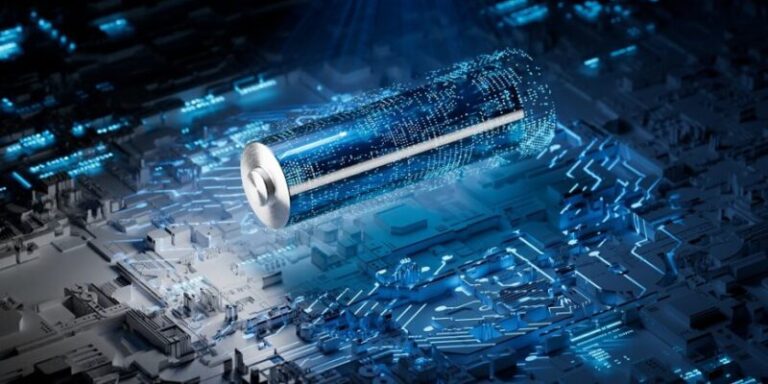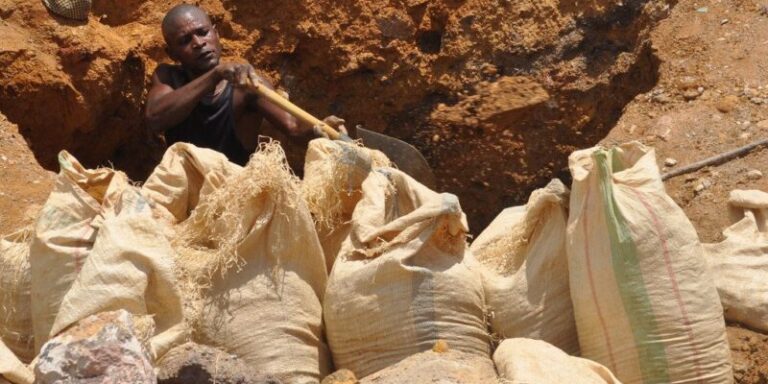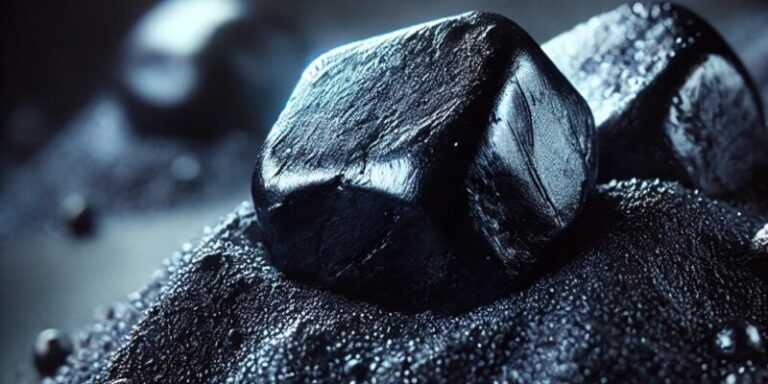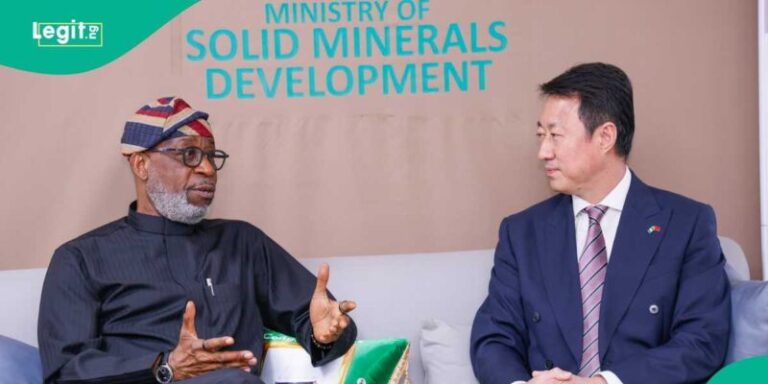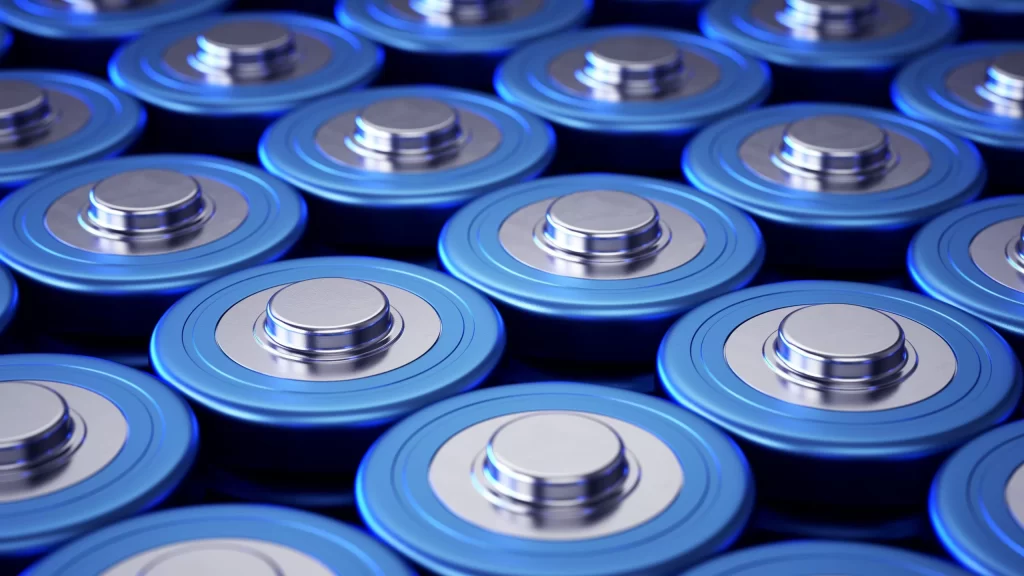
China should adopt measures to tackle overcapacity in the lithium battery material industry, the chairman of Zhejiang Huayou Cobalt proposed ahead of the country’s annual parliamentary meeting, state media reported on Monday.
Overinvestment led to “severe overcapacity” in the last year, said Chen Xuehua, who is a delegate to China’s National People’s Congress (NPC), which gathers in Beijing from Tuesday.
Chen cited “significant declines” in industry capacity utilisation.
“Some companies’ operations are facing great difficulties, there are suspended operations, falling prices, idled equipment and staff layoffs,” Chen said, according to a report by Shanghai Securities News.
China’s lithium iron phosphate capacity will reach 5.75 million metric tons in 2025, while global demand for the cathode material widely used in batteries is pegged at about 2.67 million tons that year, he added, citing industry data.
Chen, whose company is a major producer of battery materials nickel and cobalt, proposed that the government publish timely industry information, establish an alerting system to flag mismatch of resources, capacity and demand, and provide guidance on investment and development.
Regulations in Europe and the United States have made it harder to source waste batteries and recycled raw materials, posing challenges to China’s leading role in the lithium battery chain, said Chen, whose company recycles used batteries.
China should encourage more imports of used battery materials, especially hydroxide intermediate made from waste lithium batteries, including by lowering tariffs, he said.
China bans imports of used lithium batteries and black mass, the shredded material which comes from used batteries, which can include lithium, cobalt and nickel. These metals can then be extracted and used to make new batteries.


